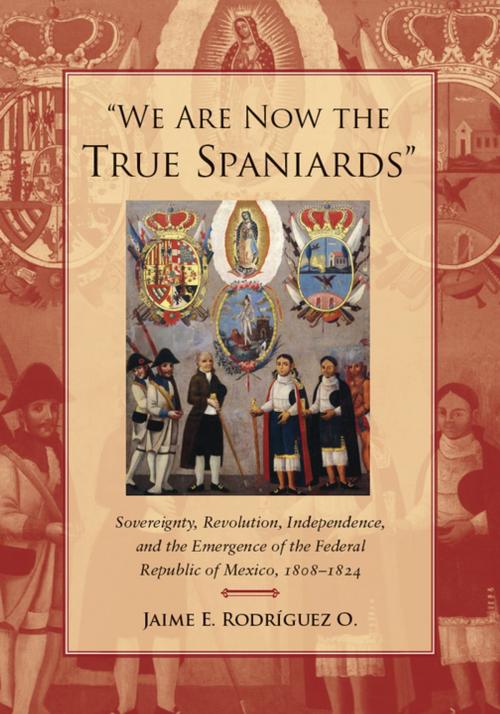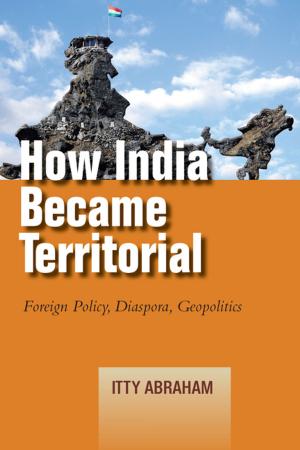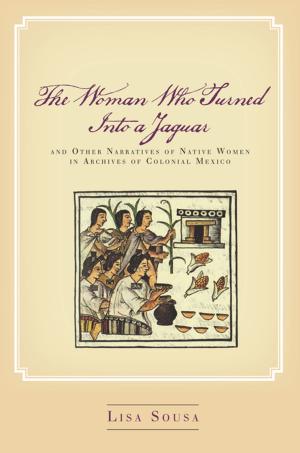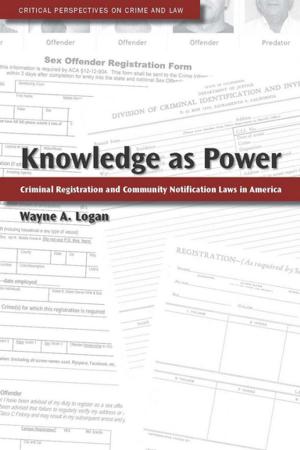"We Are Now the True Spaniards"
Sovereignty, Revolution, Independence, and the Emergence of the Federal Republic of Mexico, 1808–1824
Nonfiction, History, Americas, Mexico| Author: | Jaime E. Rodriguez O. | ISBN: | 9780804784634 |
| Publisher: | Stanford University Press | Publication: | June 6, 2012 |
| Imprint: | Stanford University Press | Language: | English |
| Author: | Jaime E. Rodriguez O. |
| ISBN: | 9780804784634 |
| Publisher: | Stanford University Press |
| Publication: | June 6, 2012 |
| Imprint: | Stanford University Press |
| Language: | English |
This book is a radical reinterpretation of the process that led to Mexican independence in 1821—one that emphasizes Mexico's continuity with Spanish political culture. During its final decades under Spanish rule, New Spain was the most populous, richest, and most developed part of the worldwide Spanish Monarchy, and most novohispanos (people of New Spain) believed that their religious, social, economic, and political ties to the Monarchy made union preferable to separation. Neither the American nor the French Revolution convinced the novohispanos to sever ties with the Spanish Monarchy; nor did the Hidalgo Revolt of September 1810 and subsequent insurgencies cause Mexican independence. It was Napoleon's invasion of Spain in 1808 that led to the Hispanic Constitution of 1812. When the government in Spain rejected those new constituted arrangements, Mexico declared independence. The Mexican Constitution of 1824 affirms both the new state's independence and its continuance of Spanish political culture.
This book is a radical reinterpretation of the process that led to Mexican independence in 1821—one that emphasizes Mexico's continuity with Spanish political culture. During its final decades under Spanish rule, New Spain was the most populous, richest, and most developed part of the worldwide Spanish Monarchy, and most novohispanos (people of New Spain) believed that their religious, social, economic, and political ties to the Monarchy made union preferable to separation. Neither the American nor the French Revolution convinced the novohispanos to sever ties with the Spanish Monarchy; nor did the Hidalgo Revolt of September 1810 and subsequent insurgencies cause Mexican independence. It was Napoleon's invasion of Spain in 1808 that led to the Hispanic Constitution of 1812. When the government in Spain rejected those new constituted arrangements, Mexico declared independence. The Mexican Constitution of 1824 affirms both the new state's independence and its continuance of Spanish political culture.















